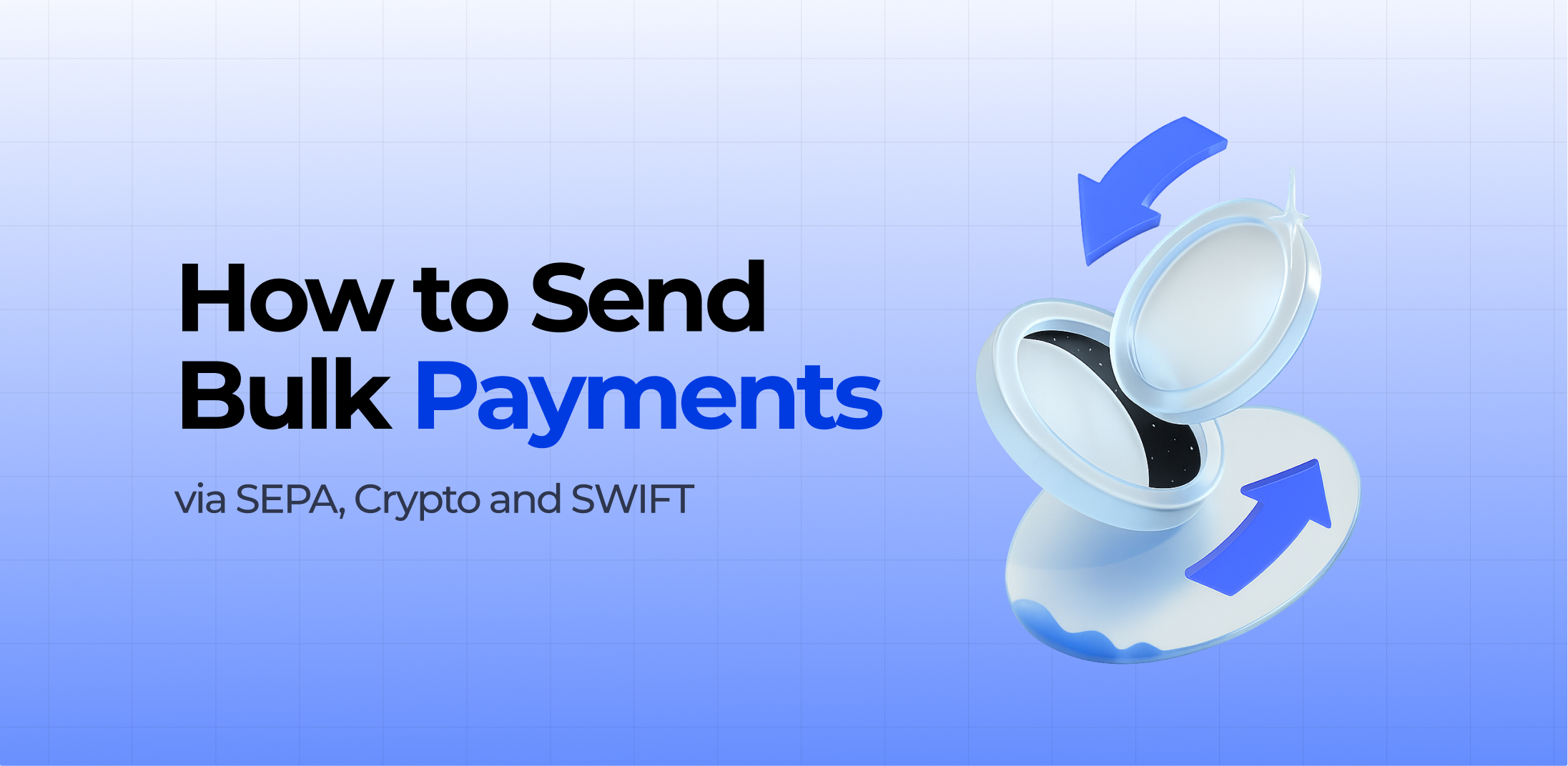Transferring funds to the UAE often comes with obstacles like steep fees, unfavorable exchange rates, and delays in processing. For individuals and businesses alike, a seamless and dependable money transfer to UAE is vital – be it for paying employees, settling invoices, or sending personal funds.
Any hiccups in the process can lead to operational setbacks or strained ties. In this article, we’ll outline effective ways to bypass these issues, from selecting trusted services to navigating local regulations and using modern digital tools.
Understanding Payment Options to the UAE

When planning a UAE money transfer, it’s essential to understand the various options available. Conventional bank transfers remain common but are typically associated with higher costs, slower delivery, and less visibility throughout the process. In contrast, online platforms such as Wise, PayPal, and Revolut provide quicker and more cost-effective alternatives, often with more favorable exchange rates.
Another emerging solution is cryptocurrency, which offers rapid transactions and lower fees. But It carries certain risks like price fluctuations and regulatory uncertainties. The best choice will ultimately depend on how fast and secure the transfer needs to be.
Key Factors to Ensure Smooth UAE Transactions

To ensure a successful and prompt local money transfer in UAE, it’s important to take several key factors into account. Start by choosing the correct currency and keeping an eye on exchange rate shifts – mistiming a transaction can result in added expenses or processing setbacks.
Next, verify that the payment method used by the sender is fully compatible with the recipient’s setup. Incompatibilities, such as unsupported digital wallets, may lead to failed transfers. Additionally, be aware of the UAE’s rigorous banking rules and anti-money laundering policies.
Missing information or inconsistencies can prompt compliance reviews, delaying the transfer. Being proactive about these aspects helps avoid disruptions and keeps your payments on track.
How to Avoid Common Issues and Delays
To prevent delays when transferring money to the UAE, it’s important to take a few key precautions. Start by selecting a reputable payment provider with a proven track record in handling UAE-bound transactions. A dependable provider helps minimize the chances of errors, rejections, or unnecessary holds.
Next, carefully verify all recipient details, including account number, BIC (Bank Identifier Code), and the recipient’s name. The inaccuracies can result in failed or delayed transfers. Additionally, make sure your payment complies with UAE financial laws, including any applicable limits and required documentation.
Ignoring these rules may trigger compliance checks or transaction blocks. By being thorough and choosing the right partners, you can ensure a smooth and efficient transfer process.
Choosing the Best Payment Service for Your Needs To Send Money To UAE

Choosing the most suitable payment service depends on the nature of your transaction – whether it’s personal use, business-related, or a high-volume transfer. While traditional banks are commonly used, they tend to involve higher fees and slower processing. Online services like PayPal and Wise provide quicker, more affordable alternatives.
For those in need of a customized and reliable solution, PaySaxas is a standout option. It delivers swift, secure, and cost-effective international payments, making it perfect for businesses and individuals managing cross-border transfers to the UAE with a focus on efficiency and great rates.
Conclusion
To wrap up, smooth payments to the UAE depend on choosing the right provider, confirming recipient information, and following local regulations. For quick, secure, and reliable transfers, PaySaxas stands out as a top choice. Start today, explore and select the ideal payment service, such as PaySaxas, for hassle-free transactions.








